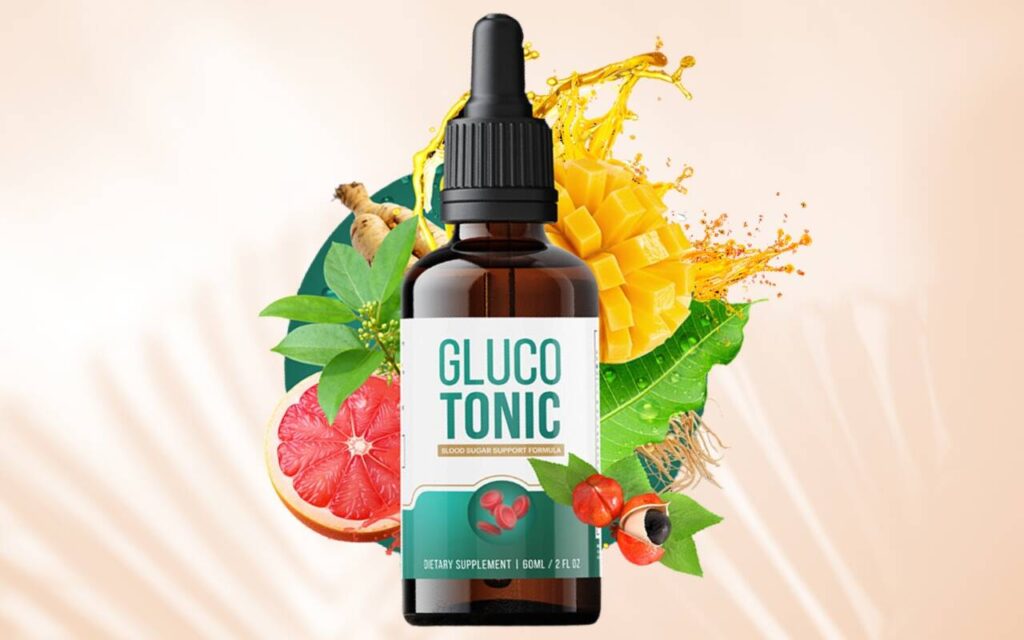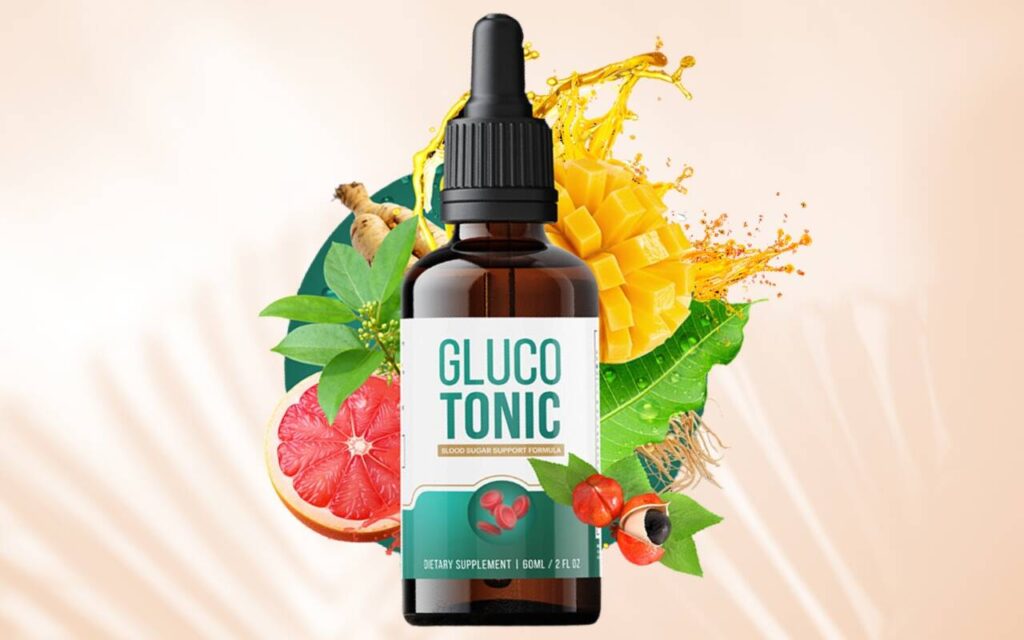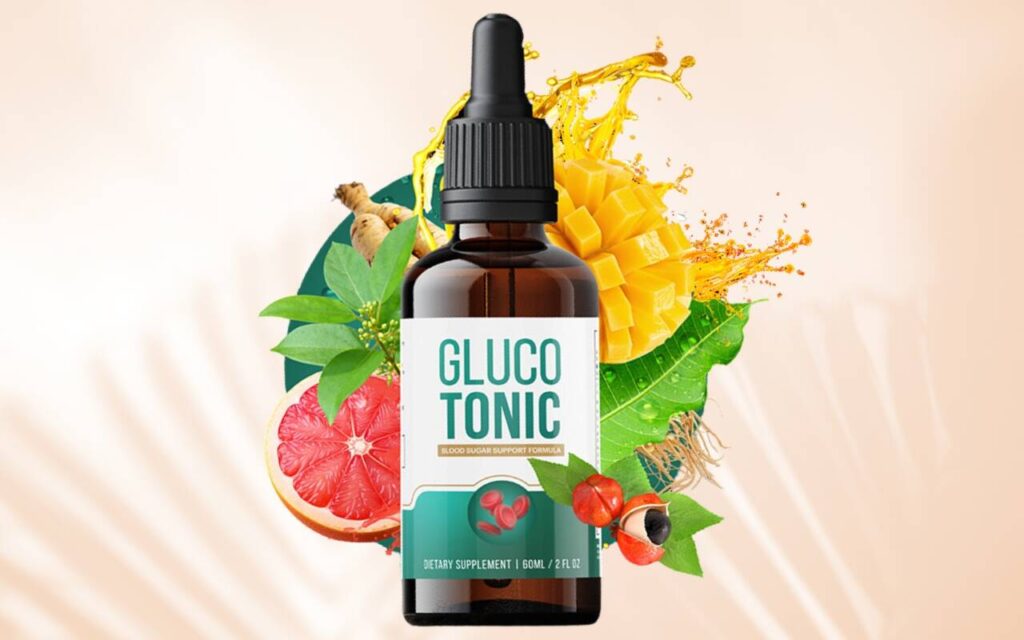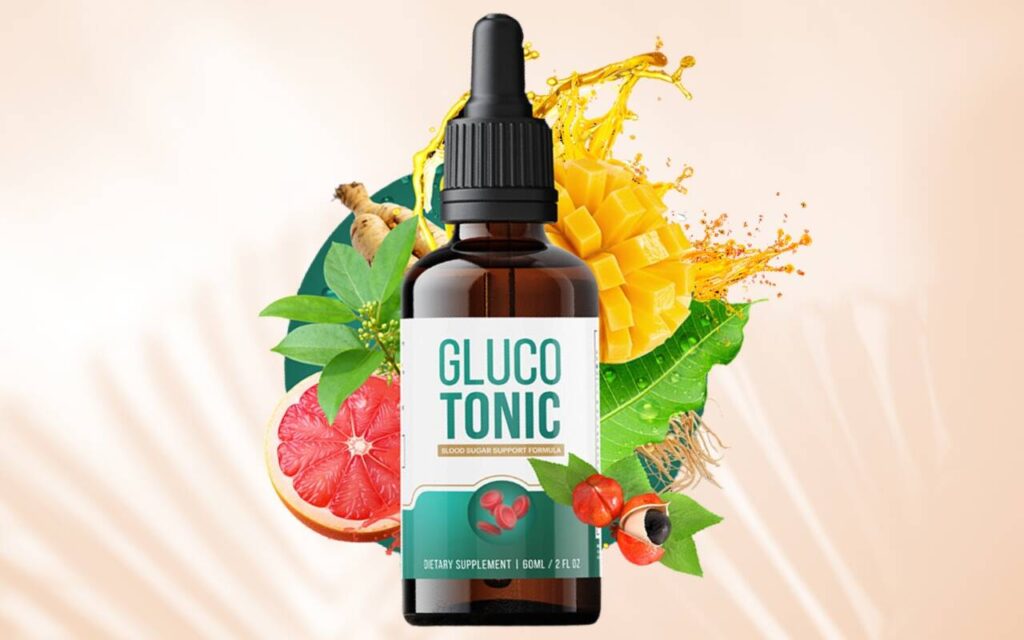Supplements to Lower Blood Sugar Naturally with Diet
Managing blood sugar levels is a critical aspect of maintaining overall health, especially for individuals with diabetes or prediabetes. While a balanced diet and regular exercise are foundational, certain supplements to lower blood sugar naturally can provide additional support. This article explores evidence-based supplements that, when combined with a healthy diet, may help regulate glucose levels effectively.
Understanding Blood Sugar and Its Impact
Blood sugar, or glucose, is the primary energy source for the body’s cells. However, consistently high levels can lead to insulin resistance, type 2 diabetes, and other metabolic disorders. A diet rich in whole foods, fiber, and healthy fats plays a pivotal role in glucose management. Additionally, research suggests that specific supplements can enhance these dietary efforts.
Top Supplements to Lower Blood Sugar Naturally
1. Cinnamon
Cinnamon is a well-studied spice with potent blood sugar-lowering properties. It contains bioactive compounds like cinnamaldehyde, which may improve insulin sensitivity and slow carbohydrate breakdown in the digestive tract.
- How It Works: Cinnamon mimics insulin, helping cells absorb glucose more efficiently.
- Dosage: Studies recommend 1–6 grams daily (about ½–2 teaspoons).
- Dietary Pairing: Sprinkle cinnamon on oatmeal, yogurt, or smoothies for synergistic benefits.
2. Berberine
Berberine, a compound found in plants like goldenseal and barberry, is often called "nature’s metformin" due to its glucose-lowering effects.
- How It Works: Berberine activates AMP-activated protein kinase (AMPK), a molecule that regulates metabolism and glucose uptake.
- Dosage: 500 mg taken 2–3 times daily before meals.
- Dietary Pairing: Combine with a low-glycemic diet rich in leafy greens and lean proteins.
3. Magnesium
Magnesium deficiency is linked to insulin resistance. This essential mineral supports over 300 enzymatic reactions, including those involved in glucose metabolism.
- How It Works: Magnesium improves insulin receptor function and reduces inflammation.
- Dosage: 200–400 mg daily, preferably as magnesium glycinate or citrate.
- Dietary Pairing: Consume magnesium-rich foods like nuts, seeds, and dark chocolate alongside supplementation.
4. Alpha-Lipoic Acid (ALA)
ALA is a powerful antioxidant that may reduce oxidative stress associated with high blood sugar.
- How It Works: ALA enhances insulin sensitivity and helps convert glucose into energy.
- Dosage: 300–600 mg daily, taken with meals.
- Dietary Pairing: Pair with antioxidant-rich foods like berries and leafy greens.
5. Chromium
Chromium is a trace mineral that enhances insulin action. Studies suggest it may help lower fasting blood glucose levels.
- How It Works: Chromium improves insulin binding to cells, facilitating glucose uptake.
- Dosage: 200–1,000 mcg daily (as chromium picolinate).
- Dietary Pairing: Combine with whole grains and lean meats for optimal absorption.
6. Fenugreek
Fenugreek seeds are rich in soluble fiber, which slows digestion and prevents blood sugar spikes.
- How It Works: The fiber in fenugreek forms a gel-like substance in the gut, delaying glucose absorption.
- Dosage: 5–50 grams of powdered seeds daily or as an extract.
- Dietary Pairing: Add fenugreek to soups, stews, or teas for a fiber boost.
7. Gymnema Sylvestre
Known as the "sugar destroyer," this Ayurvedic herb may reduce sugar cravings and improve pancreatic function.
- How It Works: Gymnemic acids block sugar receptors on the tongue and intestines, reducing glucose absorption.
- Dosage: 200–400 mg daily of standardized extract.
- Dietary Pairing: Use alongside a low-sugar diet for maximum effect.
8. Omega-3 Fatty Acids
Found in fish oil, omega-3s reduce inflammation and may improve insulin sensitivity.
- How It Works: EPA and DHA in omega-3s modulate cell membranes to enhance insulin signaling.
- Dosage: 1,000–3,000 mg daily of combined EPA/DHA.
- Dietary Pairing: Eat fatty fish like salmon or flaxseeds to complement supplementation.
Integrating Supplements with a Blood Sugar-Friendly Diet
While supplements can be beneficial, they work best alongside a diet designed to stabilize glucose levels. Key dietary strategies include:
1. Prioritize Fiber-Rich Foods
Fiber slows carbohydrate digestion, preventing rapid blood sugar spikes. Incorporate:
- Whole grains (quinoa, oats)
- Legumes (lentils, chickpeas)
- Non-starchy vegetables (broccoli, spinach)
2. Choose Healthy Fats
Monounsaturated and polyunsaturated fats improve insulin sensitivity. Opt for:
- Avocados
- Nuts and seeds
- Olive oil
3. Limit Refined Carbohydrates and Sugars
Processed foods and sugary drinks cause sharp glucose fluctuations. Replace with:
- Low-glycemic fruits (berries, apples)
- Natural sweeteners (stevia, monk fruit)
4. Eat Protein with Every Meal
Protein promotes satiety and slows glucose absorption. Include:
- Lean meats (chicken, turkey)
- Plant-based proteins (tofu, tempeh)
- Eggs
Precautions and Considerations
Before adding supplements to lower blood sugar naturally, consult a healthcare provider, especially if you:
- Are on diabetes medications (risk of hypoglycemia)
- Have underlying health conditions
- Are pregnant or breastfeeding
Monitor blood sugar levels regularly to assess the effectiveness of supplements and dietary changes.
Conclusion
Incorporating supplements to lower blood sugar naturally with a balanced diet can be a powerful strategy for glucose management. From cinnamon and berberine to omega-3s and magnesium, these supplements offer science-backed benefits. However, they should complement—not replace—a nutrient-dense diet and healthy lifestyle. By combining these approaches, individuals can take proactive steps toward better metabolic health and long-term well-being.
Frequently Asked Questions
FAQ
-
What are the best supplements to lower blood sugar naturally?
Some effective supplements include berberine, cinnamon extract, alpha-lipoic acid, and chromium. These have been shown to support healthy blood sugar levels when combined with a balanced diet. -
How do these supplements work to reduce blood sugar?
These supplements help by improving insulin sensitivity, slowing carbohydrate absorption, or enhancing glucose metabolism in the body. -
Can supplements alone replace a healthy diet for managing blood sugar?
No, supplements should complement a nutrient-rich diet and lifestyle changes, not replace them. A diet low in refined sugars and high in fiber is essential for long-term blood sugar control. -
Are there any side effects of taking blood sugar-lowering supplements?
Some supplements may cause mild digestive issues or interact with medications. Always consult a healthcare provider before starting any new supplement regimen.





